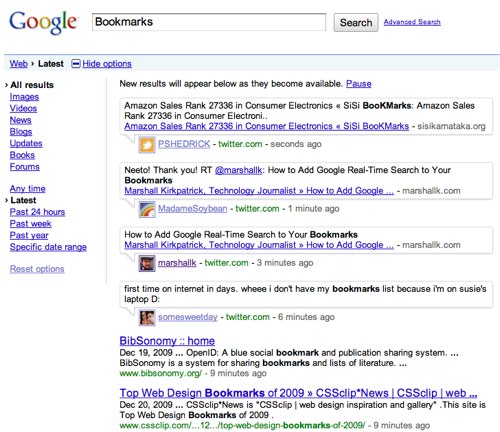I just noticed some posts around the web questioning my characterization of Mark Zuckerberg’s on-stage declaration that the age of privacy is over. I left a comment on one of those blog posts that I thought I should post here as well. I thought pretty hard before posting that coverage of Zuckerberg’s statements that I did. I asked myself: is this a fair way to characterize what he just said? I concluded that it was and I stand by that still today.
So just for the record, here’s the rough transcript I posted last month of Zuckerberg’s literal comments, followed by my justification for why I’ve summarized them as I have.
“When I got started in my dorm room at Harvard, the question a lot of people asked was ‘why would I want to put any information on the Internet at all? Why would I want to have a website?’
“And then in the last 5 or 6 years, blogging has taken off in a huge way and all these different services that have people sharing all this information. People have really gotten comfortable not only sharing more information and different kinds, but more openly and with more people. That social norm is just something that has evolved over time.“We view it as our role in the system to constantly be innovating and be updating what our system is to reflect what the current social norms are.
“A lot of companies would be trapped by the conventions and their legacies of what they’ve built, doing a privacy change – doing a privacy change for 350 million users is not the kind of thing that a lot of companies would do. But we viewed that as a really important thing, to always keep a beginner’s mind and what would we do if we were starting the company now and we decided that these would be the social norms now and we just went for it.
Here’s why I believe he was saying, in those vague but important words, that the age of privacy is over.
Zuckerberg did say that the era of privacy is over, he just said it one step away from literally and directly. He said this: our new privacy stance (X) is based on where we think the world is today and if we were to launch the site anew today, then that policy (X) is how we would have launched it.
What is X? It is a policy wherein your profile photo, friends list and most importantly fan page subscriptions are irrevocably public and a variety of other types of user data are now by default public. He doesn’t say “the era of privacy is over” directly, he says “our new privacy policies reflect the way the world is today” – but the phrase “our new privacy policy” equals: no more privacy about some things and public by default on others.
It is a fundamentally more public position on privacy and one that Facebook team members have told me point-blank on a press phone call – yes, they are hoping to move people towards being more public and less private.
So let me know, am I mischaracterizing things? I don’t think I am. I don’t think I’m putting words into anyone’s mouth, I think I’m doing journalistic work interpreting the meaning behind public utterances regarding a topic I’ve been paying close attention to for a good while.



 So far the only thing I’ve put into the reader is the OPML file of
So far the only thing I’ve put into the reader is the OPML file of